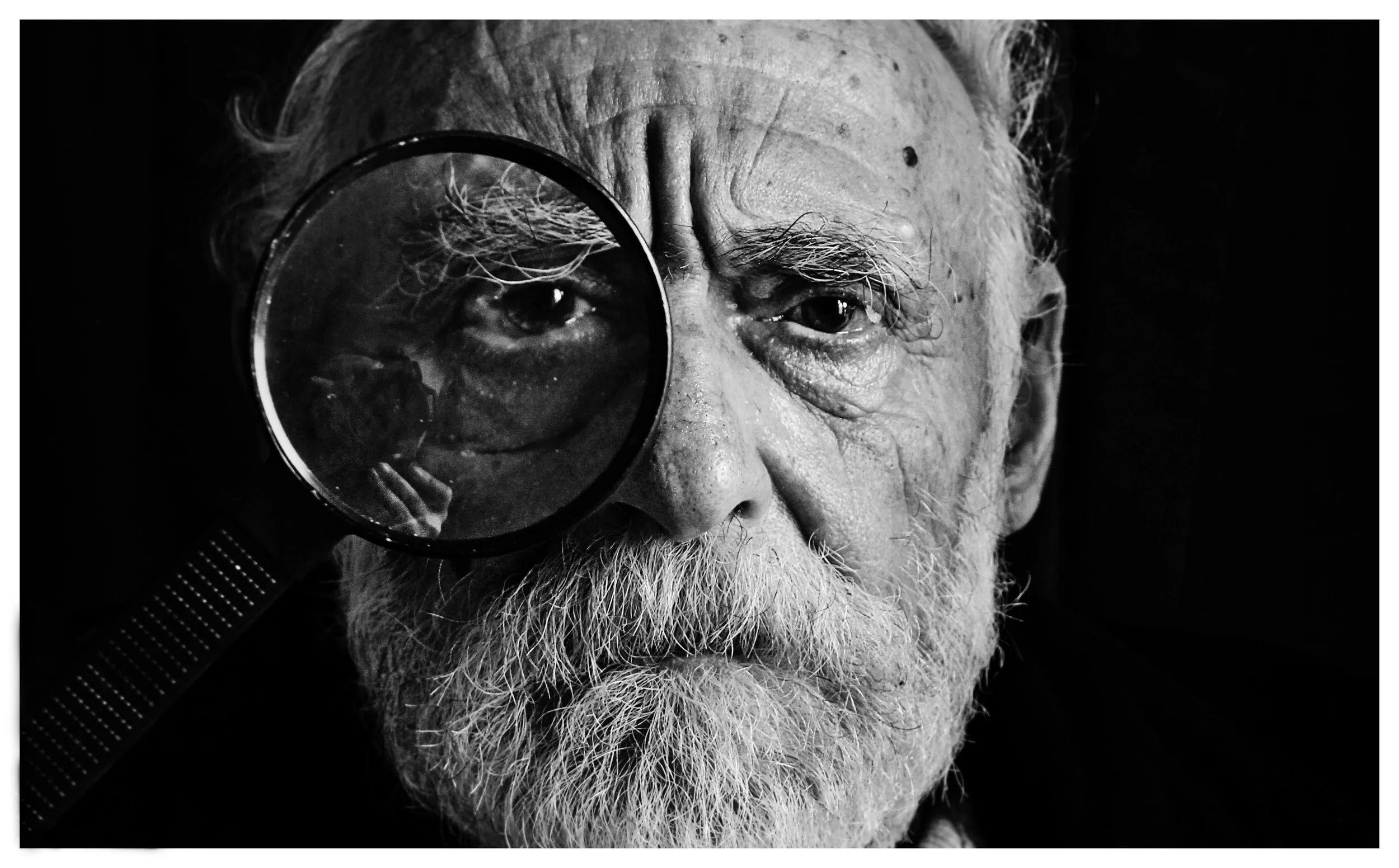Time for a reality check quiz
Reality Check Quiz: What You Must Know
We've all heard the term 'reality check' used in casual conversation. It refers to a situation where someone with misconceptions is reminded of the state of affairs in the real world. For whatever reason, an individual is out of touch with reality.
Reality testing is a different concept. The American Psychological Association defines reality testing as how an individual:
...determines and assesses his or her limitations in the face of biological, physiological, social, or environmental actualities or exigencies. It enables the individual to distinguish between self and nonself and between fantasy and real life.
Reality checks aren't as simple as they may seem, as the shattering of a misconception can profoundly affect a person.
Freud's Two Cents
In his theory, Sigmund Freud established the concept of 'reality checking'. He described this as how the ego distinguishes between the external 'real' world and the internal 'constructed' world.
According to Freud, delusions, and other distortions occur due to the ego's need to split itself from the outside world. Often, those whose ego is under extreme stress may view the internal and external world as the same.
Thankfully, we now have different interpretations of distortions in reality. For example, our brains are prone to heuristics and cognitive distortions. Or, a person's underlying personality may leave them prone to distortions of reality. Note; a personality test will not reveal a person's reality distortions.
Using Reality Testing
We use reality testing to develop insight, the degree to which someone is aware of their experiences. Improving the ability to reflect on perceptions can improve insight and act as a helpful reality check.
We use reality checking in many situations. For example, it can help individuals identify and respond to distorted thoughts that arise from anxiety and depression.
Reality testing enables individuals to distinguish between reality, illusion, or an idealised state. Testing helps people understand their emotions and judge situations more accurately.
Sometimes, when one undertakes reality testing, there are difficult consequences. Two examples are:
Facing the truth can be difficult when you have spent time imagining or believing things to be a certain way. Realising things are not what they seem can be a bitter pill to swallow.
Reality testing may lead to self-doubt and uncertainty. You may begin to doubt your judgment and distrust your ability to see things clearly.
Psychologists often need to work with people to cope with these unwanted outcomes.
Reality Check Test
There are various ways to conduct reality checks. The method will often depend on the situation.
Professionals may determine how to conduct a reality check upon assessing a person's thought patterns, worldview, and judgment of situations. These factors may predict how well a particular reality test will help an individual confront reality.
Texas Reality Check
A reality check does not have to involve psychological issues. For example, sometimes we live unsustainable lifestyles. We need to be made aware of this situation if we are to avoid disaster. The Texas Reality Check is a set of calculators helping people plan their financial futures. A reality check many involve fact-checking statements made by influential people such as politicians.
Ways To Perform A Reality Check On Thoughts
Here are some guidelines if you want to learn how to conduct a reality test and evaluate your own thoughts:
Record Your Thoughts
Keeping track of your thoughts can help identify recurring thoughts and thinking patterns. Catching unhelpful thoughts provides valuable insights when performing a reality check.
You can keep a thought diary or journal. Recording these thoughts assists you to spot patterns that need attention. Many people find it helpful when sharing their results with an appropriate professional.
Question The Validity And Accuracy Of Your Thoughts
When you think or feel a certain way, ask yourself why this is the case. What concrete proof do you have that your perception of a situation is accurate? A healthy amount of questioning can help you remain in touch with reality.
Seek Feedback From People You Trust
Ask for objective and honest feedback from individuals you trust. Don't ask more than two or three people.
Do Your Research
Collect reliable and factual information on relevant topics to put your thoughts into context. This will help ground you in reality. In addition, be aware of heuristics and cognitive biases. This knowledge enables you to identify suspicious thinking and assumptions.
Summary
Biases and other distortions are normal phenomena. However, a reality check can help keep us attuned to reality.
A reality check quiz encourages self-reflection and helps us spot flaws and inconsistent thought patterns. These insights enable us to respond effectively to these situations. A professional expert can provide valuable guidance on performing reality checks.
We are Coaching & Clinical Psychologists with extensive experience helping people conquer a range of wellbeing and performance issues at home and in the workplace. Read more about my work, watch practical skills videos or browse other articles. Get in touch anytime.


